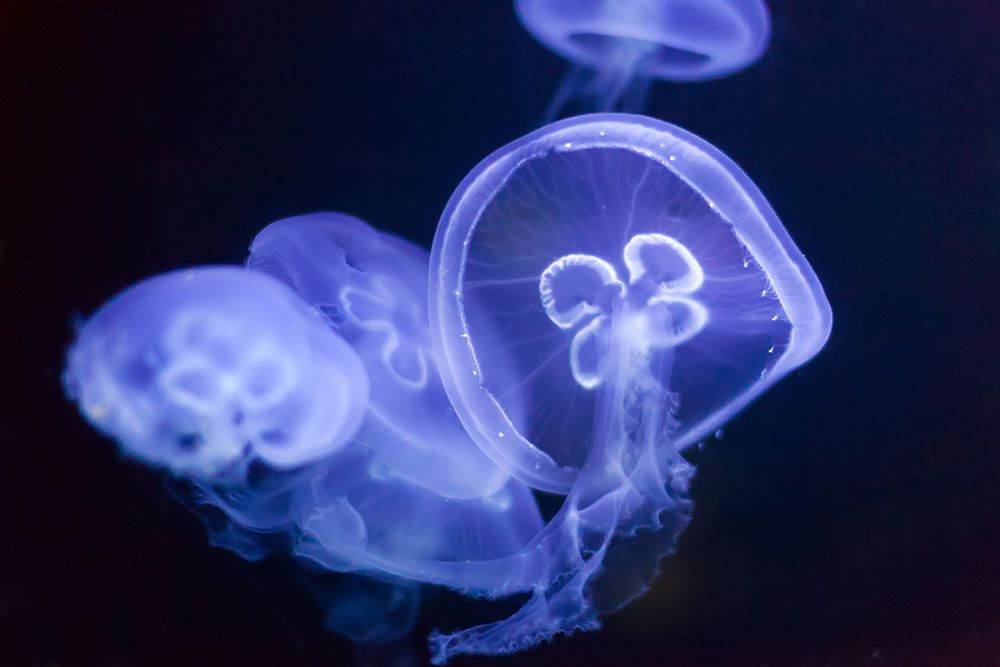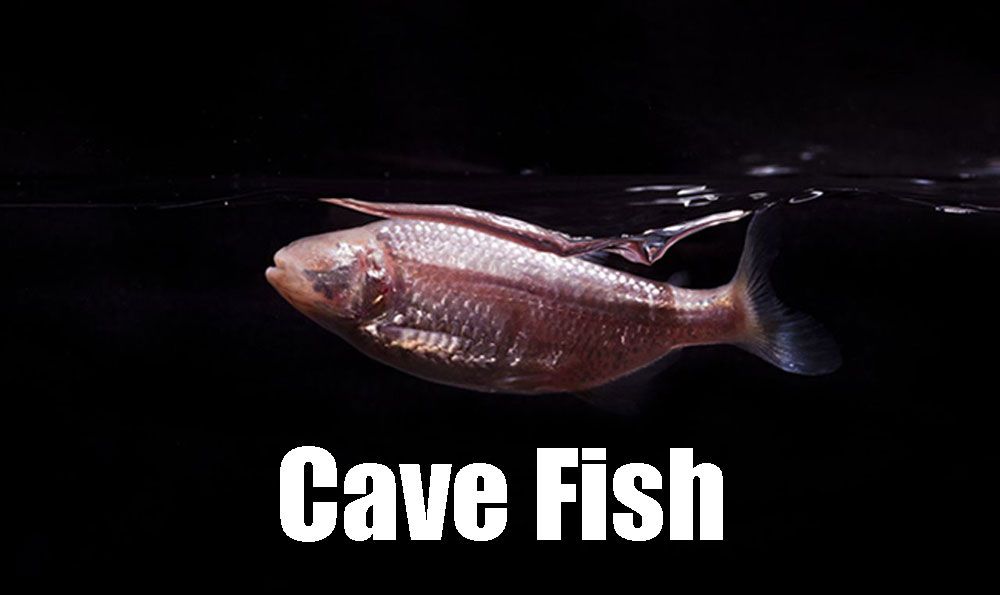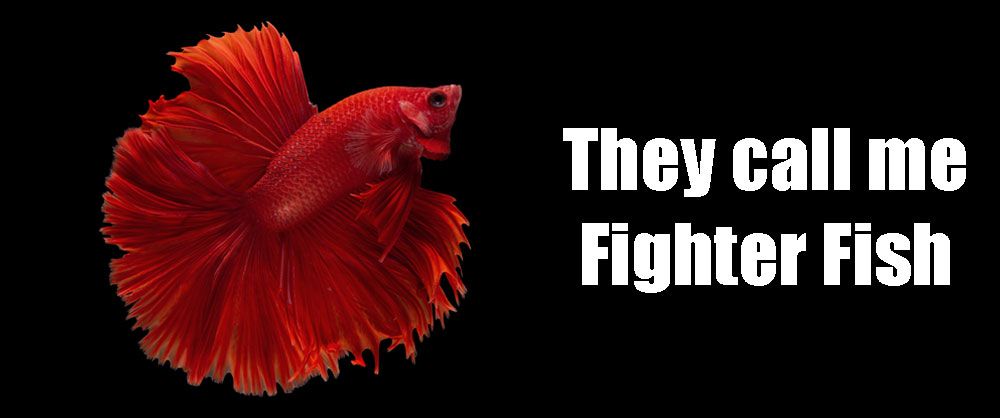Do fish have emotions? – Fish have feelings too!!
When I was a kid, I used to think do fish cry? Then my mom said of course they do, can’t you see the seawater is salty because of their crying. When I think of this still I often wonder: do fish have emotions? This is a difficult question and baffles everyone in general too.

For centuries, philosophers, behaviorists, and researchers have struggled to find an answer. Today, scientists differ widely on whether fish have emotions, or whether they are mere slaves of their evolved instincts. Nonetheless, this debate is interesting and worth having.
Here, we have summarized the various arguments for you. We have touched upon both ends of the scientific divide to help you make your own conclusion, and think of fish as you wish.
Let’s dive in!
Some fish have neither hearts nor brains
First, consider this. There are fish that have no brains or hearts at all. These species have evolved without a functional heart or brains for millions of years. Jellyfish, for example, have no functional organs at all.

They have no brain and no heart. Yet, many varieties of brainless and heartless jellyfish continue to survive and thrive to this day.
They only have their nerves to reflexively feel and respond to external stimuli.

Do jellyfish have emotions? No, if we try telling from their physical features. Does this mean that all fish have no emotions? It is still very difficult to say.
Some fish show signs of intelligence and emotions
Some fish use tools to survive. This is important. Tool use is a trait very common among humans and primates. Scientists believe that tool use is a benchmark for cognitive and emotional intelligence among non-humans.

For example, some fish lay their eggs on surfaces that can be moved around as and when the situation demands. These fish glue their eggs onto rocks and leaves, or any other movable surfaces. During an emergency, they also move their eggs around the territory as needed.
In simpler words, these fish use leaves and rocks as tools to guard their eggs. To many scientists, this is proof of their cognitive and emotional intelligence. To the common person, this might also look like proof of how dearly fish love their offspring. Even so, all this could simply be an evolutionary trait having nothing to do with intelligence or emotions.
Fish are also prone to emotional fever. When exposed to stress, many animals experience a rise in their body temperatures. This is called emotional fever. It is a sign of emotional intelligence in animals. The same has been observed among fish, particularly in Zebrafish. Therefore, some scientists have concluded that fish have emotions.
Spatial awareness and territorial behavior in fish
Fish also possess spatial awareness. In other words, they are aware of their surroundings and space. Even the blind cavefish are well aware of their environment. Researchers take this as a sign of the mental and emotional intelligence of fish.

Moreover, fish show territorial behavior. This is widely known to anglers. Many fish lures are designed to invite an aggressive territorial response from fish. They also show signs of curiosity. Still, all this spatial awareness, territorial behavior, and curiosity could possibly be mere reflexes evolved over millions of years, and devoid of any intelligent emotion.
Fish behavior is one clue to their emotional intelligence. Scientists have also tried other ways and means to fish for the truth.
Fish brain and response system may be similar to us in some ways
Researchers have widely studied the brain structure of fish for evidence of intelligence and emotions.
During experiments, scientists have caused changes or damages to different parts of the fish brain. In turn, fish have lost physical abilities in correlation to their brain damage. For example, they might lose spatial awareness due to damage to the forebrain. This loss of abilities due to brain damage might prove that fish actively use their brains. Moreover, they are not merely dependant on their reflexes for their actions.
Similarly, fish also experience brain circuit changes in response to pain. This is attributed to their ability to sense pain and therefore complex emotions too.
Emotions in fish are impossible, according to many researchers
Contrary to all the above evidence, many researchers argue that fish have very small brains relative to their body size. Those tiny brains are structurally very different too. Therefore, fish have absolutely no capacity to feel pain or to think. They cannot learn and process complex emotions. According to this school of thought, any change in fish behavior in response to external stimuli is purely reflexive.

Scientists and researchers also blame anthropomorphism for any evidence of fish intelligence. Anthropomorphism is the human tendency to attribute human characteristics to objects and animals. We see other things like ourselves. This tendency, they argue, is also common among researchers. Accordingly, many researchers might be led into believing that fish are like us. In reality, they are not.
There are well-established differences between fish and us. Their evolution has been different from ours. Fish possess entirely different brain structures as compared to us. Therefore, the entire body of evidence about emotions and cognitive behavior in fish might be flawed.
Conclusion
Do fish have emotions? BBC News Scientific opinion is too divided. Many researchers assure us that fish have highly evolved brains. Therefore, they also have can think and experience emotions just like us. Others say that research, which remotely attributes the mere sense of pain or any other emotion to fish, is all hogwash. According to them, it is impossible for fish to have even an iota of intelligence or emotion.
The truth might lie somewhere in the middle.
Fish are structurally different, so they may feel things differently too. External stimuli do cause observable changes in fish behavior. A fish taking the hook will always respond violently. Alas, little is known whether this happens because a fish is experiencing pain or anger, or whether this reaction is just an instinctive act for self-preservation.
All things said, one thing is very clear. Fish are part of nature. Nature is delicate. So, always handle every fish with care, irrespective of whether you think they have any emotion, or not.






